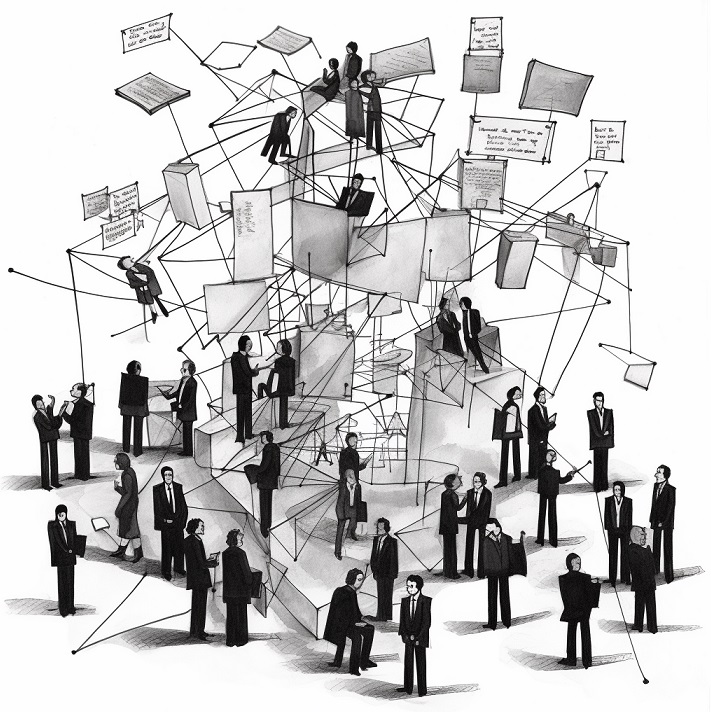
In his August post, ASQ CEO Bill Troy asks “Is the future of quality evolutionary or revolutionary?“
My answer is unequivocal: it’s revolutionary. We’re going to need new models for business, new models for education, and new models for living if we are to satisfy the stated and implied needs of an increasingly interconnected Internet of people and things, where the need for sustainability will (in many cases) trump the desire for growth.
“Quality is the totality of characteristics of an entity that bear upon its ability to satisfy stated and implied needs.” — ISO 9000, para 3.1.5
New models, however, aren’t always necessary. We can continuously improve elements of old models to increase quality, and the need for this won’t disappear. The future of quality includes evolutionary advancements, but won’t be defined by it, as we emerge into new collective paradigms for management. We’ve already experienced this once (in the late 1980’s and 1990’s), and we’re about to feel the reverberations of another shift.
A Harvard Business Review blog post from July 30 (“Management’s Three Eras: A Brief History”) explains why. The first two eras that we’ve had experience with are organization as machine (the era of Taylorism), and organization as knowledge and knowledge flows (as popularized by people like Peter Senge and Tom Davenport). Methods for establishing and improving quality have been defined, refined, and flourished in these two eras.
But the third and emerging era, according to this article, is the age of empathy – organization as a vehicle for creating complete and meaningful experiences:
“Today, we are in the midst of another fundamental rethinking of what organizations are and for what purpose they exist. If organizations existed in the execution era to create scale and in the expertise era to provide advanced services, today many are looking to organizations to create complete and meaningful experiences. I would argue that management has entered a new era of empathy.”
Although we have some available approaches for quality improvement in this kind of era, they are incomplete: Voice of the Customer tools, for example, may make our experiences with products and services efficient, effective, and satisfying — but possibly neither complete or meaningful. How do we, for example, create mechanisms to assess and improve quality in the sharing economy? In decommodified environments? In our own personal lives?
What do you think? Share your ideas in the comments.








Leave a Reply